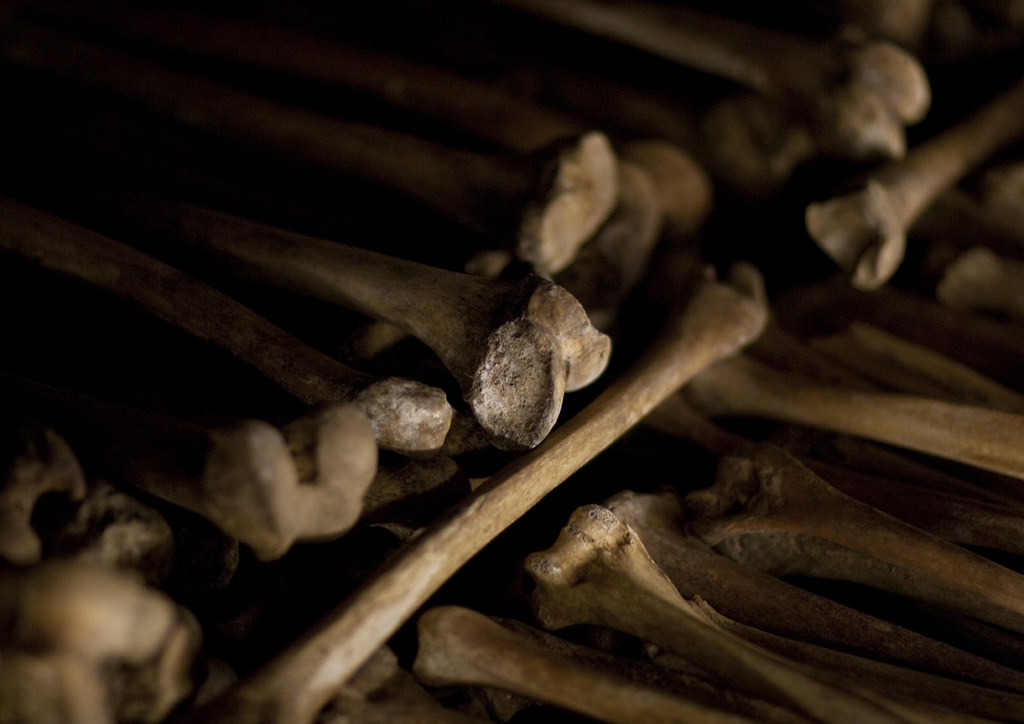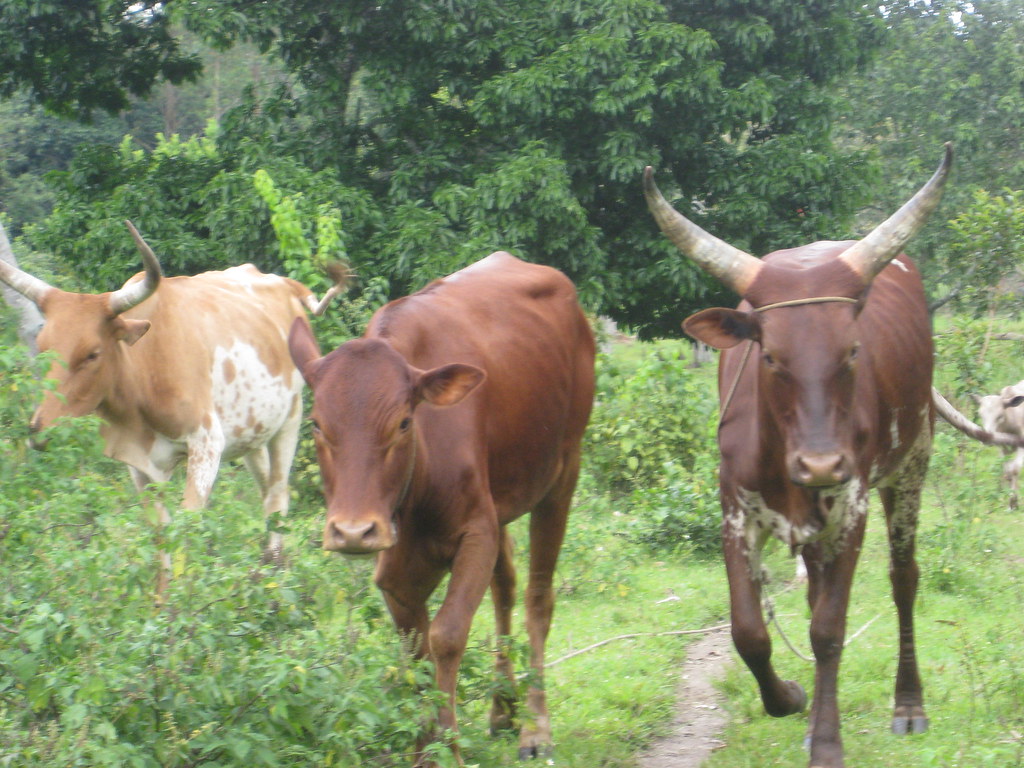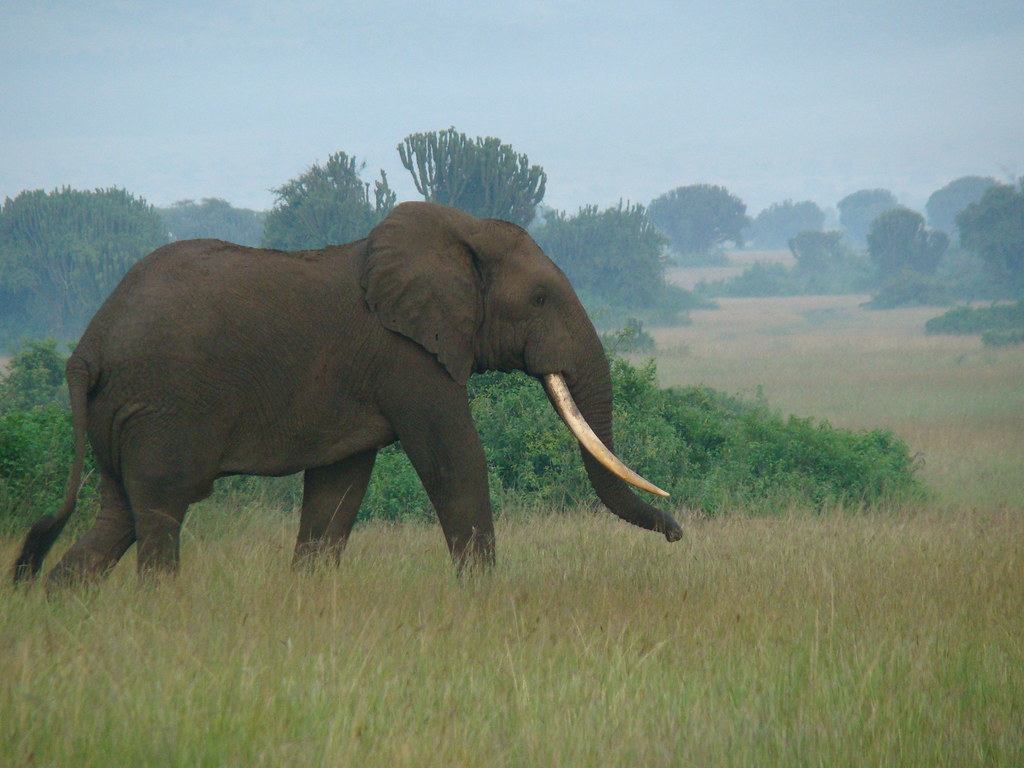Facts about Rwanda Safari
Rwanda Safari Facts: Essential Information for Your Upcoming Rwandan Adventure: Things to Consider Before Traveling to Rwanda Rwanda, a little country in central East Africa, is well known for its abundant wildlife and stunning natural beauty. Even though Rwanda has seen a lot of sorrow, this tiny country is also known for its breathtaking beauty and continuous recovery. An important part of the nation’s regeneration is ecotourism focused on the unique and endangered mountain gorillas who live in the thick woods of the northwest’s volcanic Virungas region. You will learn the truth about Rwanda and its actual splendor from Rwanda Safari Facts! Of the 1,004 mountain gorillas that remain in the world today, about 300 dwell in Rwanda. Your visit to their native habitat may be their only hope for survival. A once-in-a-lifetime experience with the endangered mountain gorilla will surely transform your life, and it may even save theirs. The following information should be known before embarking on a safari in Rwanda:
Mount Gorillas.
You probably already know that gorillas live in Rwanda. Nevertheless, it is still worth mentioning. Three countries in the globe, including Rwanda, are home to mountain gorillas. These extremely endangered mountain gorillas live in Rwanda, Uganda, and the Democratic Republic of the Congo.
Gorillas can be seen in Rwanda at the Volcanoes National Park, which is conveniently located in the Virunga Conservation Area and is only two hours from Kigali’s airport. In addition to gorillas, the park is home to a variety of bird species, forest elephants, and golden monkeys. Volcanoes National Park is home to eleven habituated gorilla families or groups. Volcanoes National Park is home to ten habituated gorilla families, which include:
The Amahoro family, the Umubano family, the Sabyinyo family, the Agashya family, the Hirwa family, the Bwenge family, the Kwitonda family, the Karisimbi family (Susa B), and several more families
The family of Ugenda
It’s fascinating to learn how each gorilla family got its names. In 2005, they tried to expand the sector by introducing the Kwita Izina ceremony, an annual ceremony for naming infant gorillas. To engage with Rwanda’s mountain gorillas, you need to get a gorilla tracking permit (pass), which costs $1500 USD. You can spend one to two hours watching the gorillas as they go about their “normal gorilla day” if you get a gorilla permit.
Mount Karisimbi.
Mount Karisimbi is one of the eight Virunga volcanoes that comprise the Virunga Conservation Area. Furthermore, of the eight Virunga volcanoes, Karisimbi is thought to be the tallest.
In Kinyarwanda, the native language, the snow that covers the mountain’s tops is called “amasimbi,” hence the name Karisimbi. Mount Karisimbi is Africa’s sixth-highest mountain peak, rising 4507 meters above sea level.
It would take about two days of hiking to reach Mount Karisimbi’s top. It is surrounded by the Nyiragongo, Bisoke, and Mikeno mountains. Combining the names of the two mountains, Karisimbi and Bisoke, Dian Fossey named her gorilla research center Karisoke.
UMUGANDA: SERVICE TO THE PUBLIC
Everyone takes part in community service from 8 to 11 a.m. on the final Saturday of each month. This kind of volunteer labor is commonly called Umuganda in the native Kinyarwanda language. “Coming together for a common purpose to achieve an outcome” is how Umuganda is loosely translated.
These days, every physically fit individual in the community helps to make the country more beautiful. Among many other civic responsibilities that are taken extremely seriously, people take the initiative to fix public infrastructure, clean the streets, and prune overgrown shrubs.
Businesses are closed and there is no traffic on the roads during this time since people are busily performing their civic duties. Umuganda is the perfect social and relaxing activity to engage in if it falls on your trip to Rwanda.
PLASTIC BAGS AND FLIP FLOPS
Making certain compromises is necessary to keep Rwanda clean. It is not allowed to move around in public while wearing flip-flop sandals. Plastic bags are no longer used in supermarkets or small businesses. It appeared to be an unachievable endeavor for an African country when it was implemented in 2008, but it has since turned out to be successful. There will be a punishment of 50,000 francs ($60) for any infractions.
Visitors will be greeted as they enter the country by a big sign alerting them to this strict condition they must follow. It is very easy (and often even free) to get recyclable paper bags to put your belongings in and to drop off the plastic polythene bags at the ports of entry so the authorities may dispose of them appropriately. In a world where fighting climate change seems unachievable, Rwanda offers a motivational example of what can be achieved with modest but consistent efforts.
Memorial to the Gisozi Genocide
This is located in Kigali, the capital of Rwanda. The remains of more than 250,000 victims of the mass murders that occurred during the Rwandan genocide in 1994 are kept in the museum.
Facts about Rwanda Safari
Gisozi
Following the killing of then-president Juvenal Habyarimana on April 6, 1994, the genocide rapidly accelerated and was led by Hutu tribe members who occupied key posts in the government. The Gisozi Memorial Center was founded and opened in 1999 and houses several historical relics from the genocide. For those who may be worried, this catastrophe has now happened and Rwanda has changed into a whole new nation with a wealth of experiences and prospects.
Kinyarwanda is the first language (mother tongue) spoken by the vast majority of people. It is also recognized as the official language of the country, along with Swahili, English, and French.
The French language’s current influence can be attributed in great part to the colonial French rulers that previously claimed sovereignty over Rwanda. English has grown in popularity as a result of the US and UK’s expanding global influence as well as the return of several refugees from Uganda, where English is the national language. English became the official language of instruction in schools by 2008. Currently, both languages are still spoken throughout the country.
WOMEN IN POLITICS
The country with the largest percentage of women in parliament globally is Rwanda. What a forward-thinking person! Women presently make up 63.1% of the parliament in an attempt to promote gender equality, the largest issue that most countries still confront, particularly at the legislative level, and to create opportunities for women at other levels, such as in the fields of health and education.
Lake Kivu.
Lake Kivu, Rwanda’s largest lake, is over 2700 square kilometers in size. It is part of the Great Rift Valley and extends along the western borders of Rwanda and the Democratic Republic of the Congo.
Lake Kivu is surrounded by hills and mountains. This leads to great hiking and mountain biking tracks. The Congo Nile Trail, which circles the lake’s several hills, is even better for hiking.
As you journey from the surrounding towns, you may take in the panorama of the vast blue waters and picturesque scenery. You’ll feel more at ease and a part of the natural beauty all around you.
THE BEST TIME TO GO
The best time to go on a Rwanda safari is during the country’s dry season, which runs from June to September and December to February. During the rainy seasons (March to May and October to December), trekking and other outdoor activities might become difficult.
CULTURAL TOURS Cultural tours showcase Rwanda’s rich cultural legacy and provide visitors with an opportunity to learn about the country’s history, customs, and regional practices. Some itineraries include visits to traditional communities, traditional dancing lessons, and even traditional Rwandan food. Over the past 20 years, Rwanda has made amazing progress in rebuilding and establishing itself as a secure and friendly travel destination, despite its volatile past. Because of the country’s reputation for friendliness, visitors can feel secure whether they are traveling alone or with a guide.
Rwanda is one of the 10 safest countries in the world, according to the World Economic Forum. Rwanda is therefore the safest country in Africa. Rwanda performs better than its neighbors in terms of safety and security, even though it is the smallest country in East Africa. It is even safer than the UK, according to the World Economic Forum, which ranks it as the ninth-safest country in the world.
Rwanda is the safest, cleanest, and fastest-growing country in Africa, so plan your trip with confidence. It is secure, safe, and politically stable.
FINAL RESULTS
When you think of safari excursions in Rwanda, what comes to mind? Unthinkably lush, undulating hills and mountains? Amazingly rich Rwanda Game Reserves? Bamboo forests and the world’s only remaining mountain gorillas? Or what about chimpanzees, olive baboons, and golden monkeys? Rwandan game safaris are a memorable experience. You won’t want to miss these travel tips and experiences, which are essential to any Rwandan visit. In conclusion, for tourists who want to see Africa’s amazing wildlife and rich cultural legacy, a safari in Rwanda is a once-in-a-lifetime chance. Rwanda has gorilla trekking, animal viewing, cultural tours, and other activities, making it a must-visit destination for every safari fan.
With the help of our African specialists, begin organizing your Rwanda safari tours immediately.
Enquire & Get More InformationFind out More About This Blog With A Chat With Travel Specialist Who Is Also Ready To Help You Set Your Tailored Trip With Free Travel Advice and Tips


